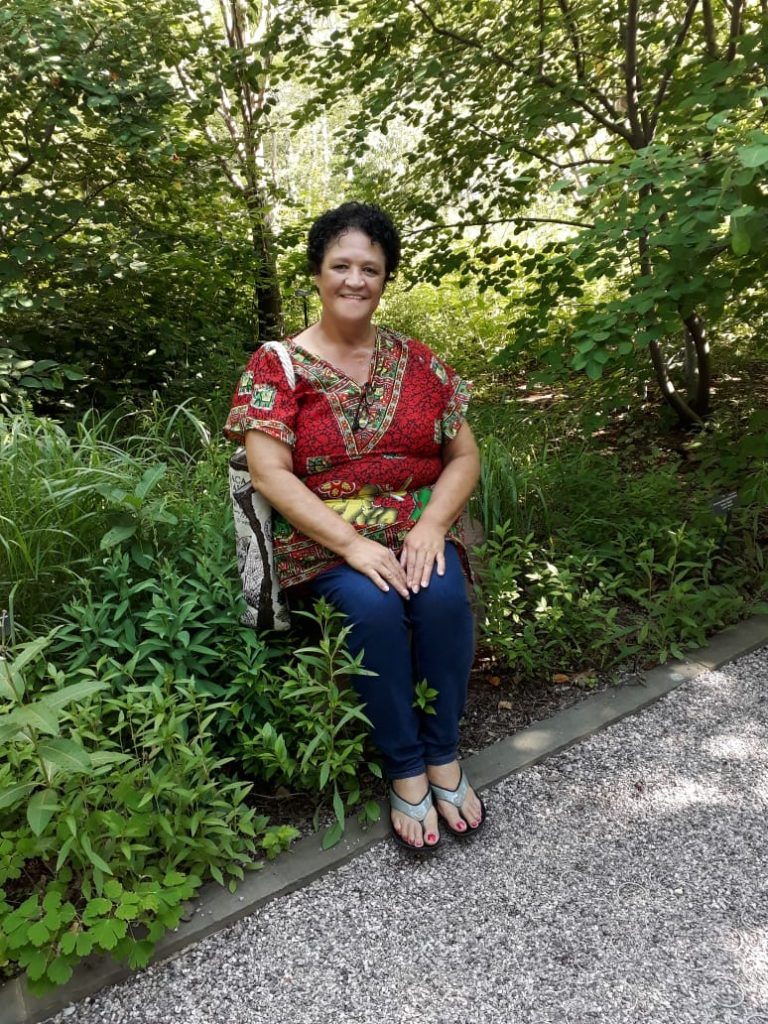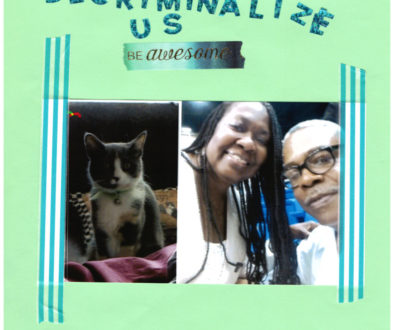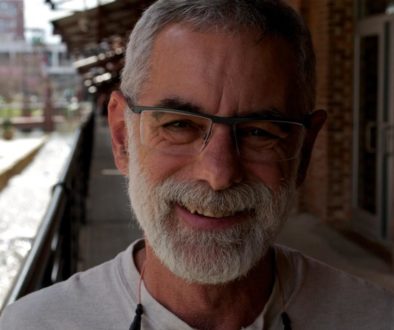
What is your name and where are you from?
Belinda Ameterra: Worcester South Africa
When did you join the ACTG?
2014
Why did you get involved with the ACTG, and what are some of the things you’ve done as a member?
I was first introduced to Boland Research Advisory Board as a community activist and volunteer worker. When I was elected chairperson of that board in 2014, I was also nominated to attend the ACTG. Within the ACTG, I was elected as a member of SMCC, representing the CAB on the conference calls. I am also a member of the Community Scientific Subcommittee, serving as Co-Chair. I also serve on Community Partners.
Describe your community.
Worcester is surrounded by grape farms. We are a developed community but could still do more for youth development. Unemployment and lack of youth activities are the major problems of the day. We have a very high rate of people living with TB and HIV in our communities. And because of unemployment, many patients fall in default—not using their medication because of poverty. We also have a big percentage of people with disabilities. Even though we have schools for people who are blind, deaf, or in wheelchairs, we lack public accommodations for these people. Housing is a major issue, and crime is at times very high.
What are the most important treatment issues to your community?
Because we are also a rural area, people in our communities do not have access to all the needed resources. Stigma remains a large issue and impacts the way patients are treated.
How do you want your work in the ACTG to be remembered?
On a billboard about my contribution combatting TB and HIV in my communities that encourages participation in research and also encourages those who have defaulted on treatment to resume treatment.
What are your future hopes for the ACTG and HIV research?
I hope that people are empowered to understand their health conditions.



